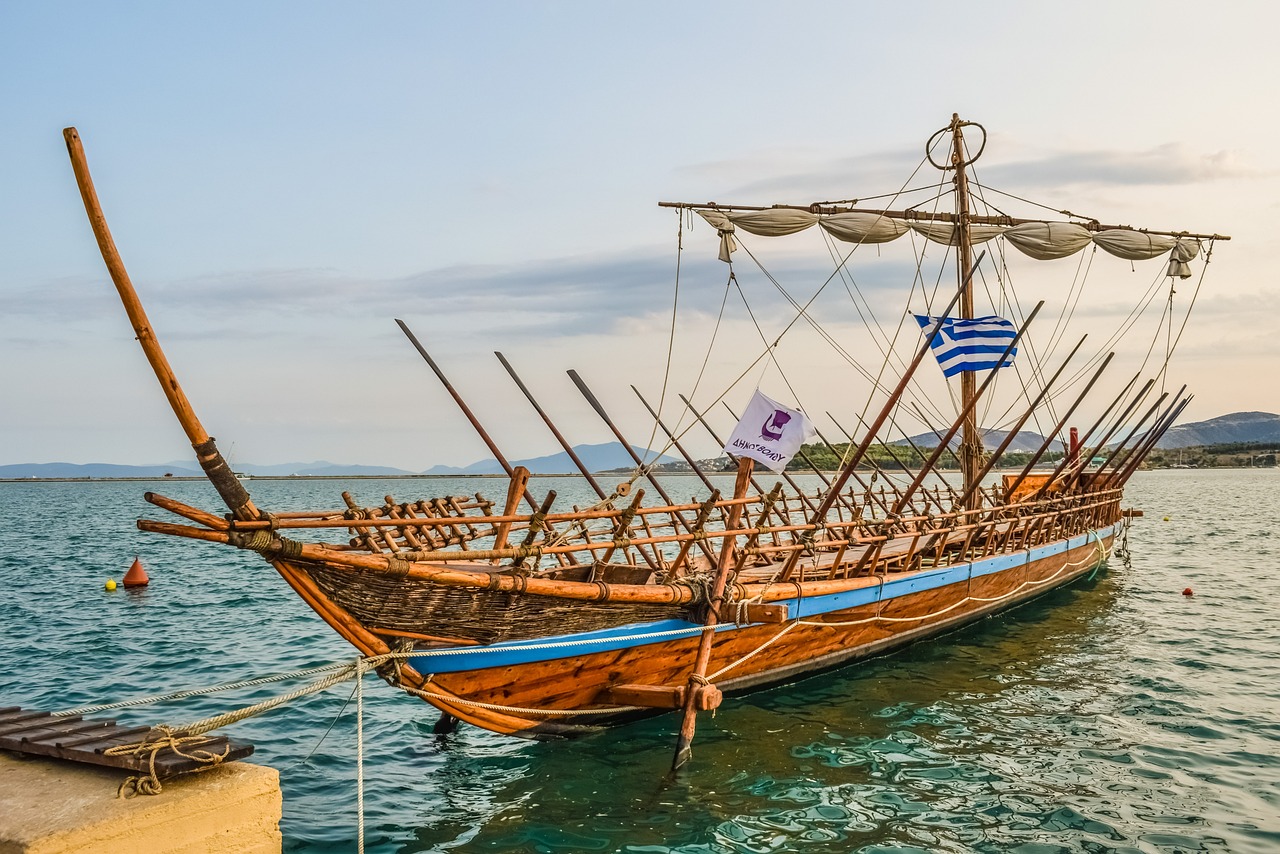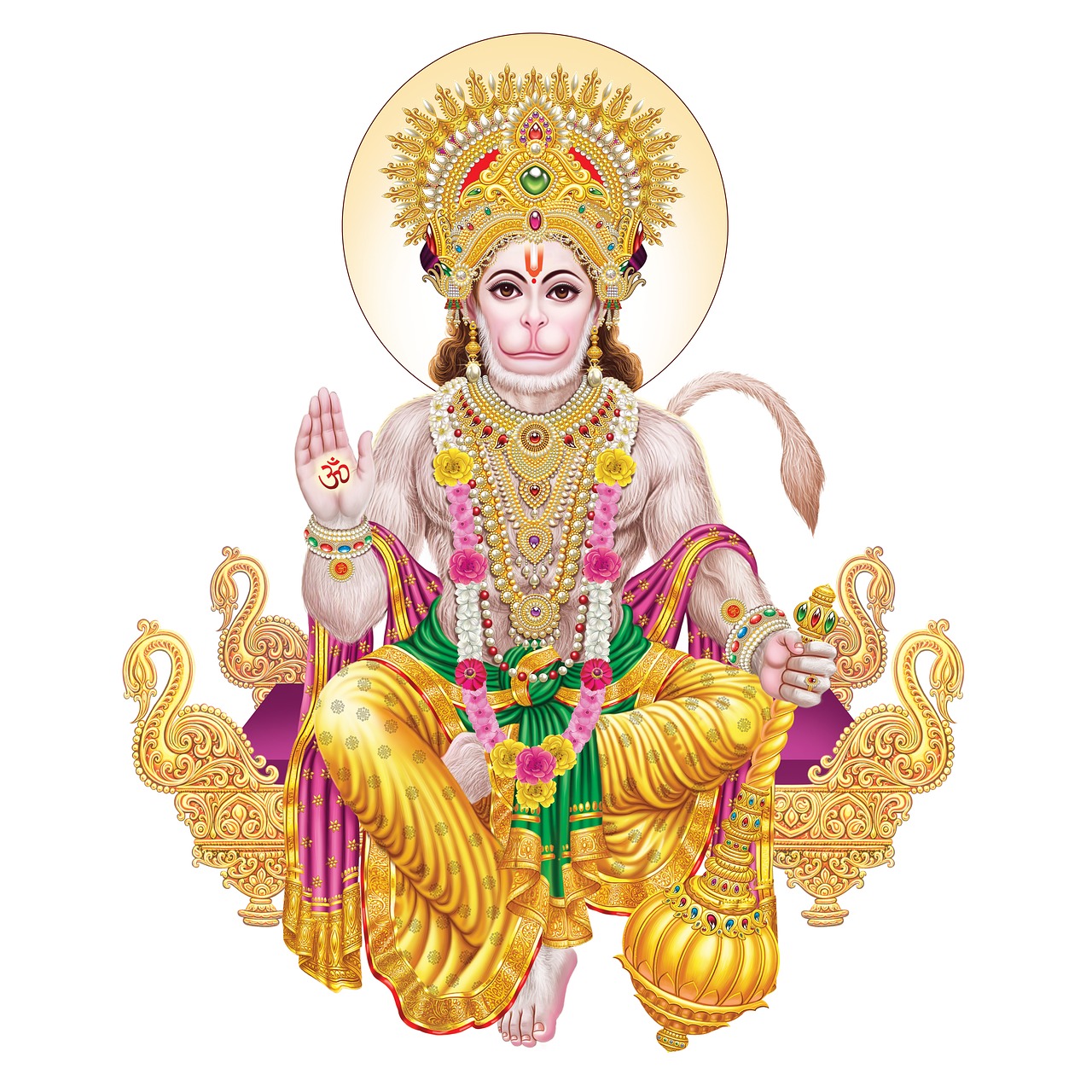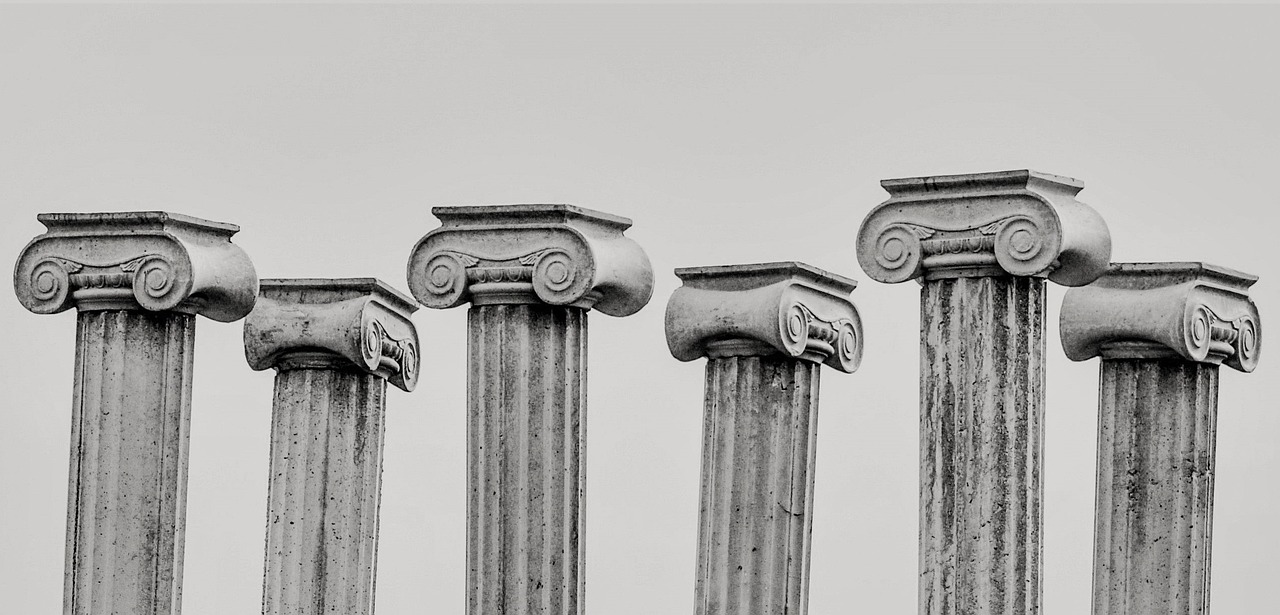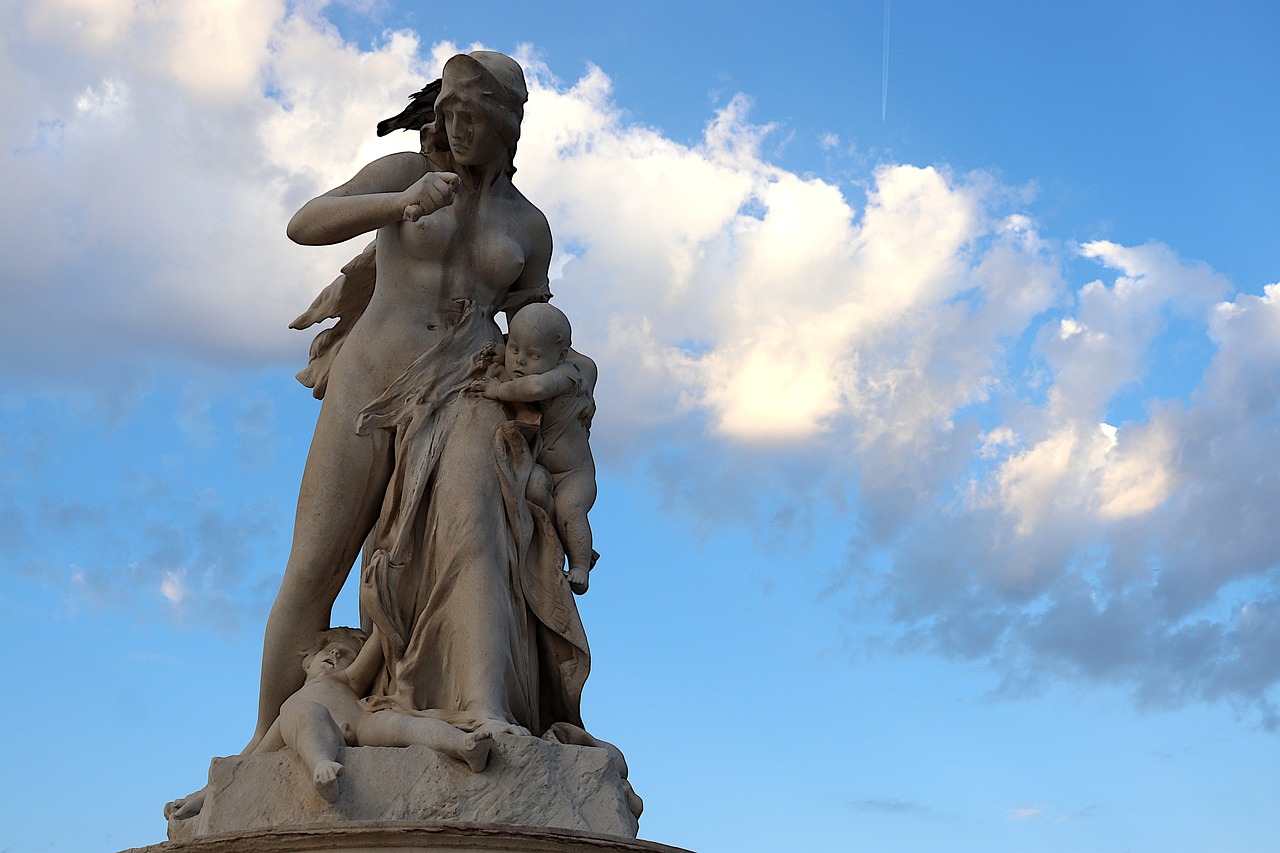Greek Mythology
-

A labyrinth is a complex system of passageways and hidden paths, originally referenced by ancient Greeks and Romans to describe structures—small or vast—often located underground, designed to confound anyone trying to exit. During the European Renaissance period, the concept evolved into elaborate garden designs featuring maze-like paths bordered by towering hedges. Pliny the Elder documented…
-

Thank you to everyone who connected with their favorite mythological figures—it was a delight to receive such enthusiasm! I chose to explore the very first character suggested to me, a figure who holds a special place in my heart: Chiron, the wise centaur who guided many heroes. It’s essential to note that myths exist in…
-

Selene, also known as Mene, is a significant figure in Greek mythology, embodying the essence of the moon. By night, she traverses the heavens in a grand chariot, pulling the moon along with her. Selene is the offspring of the Titans Hyperion and Theia, sharing familial ties with her siblings—Helios, the sun god, and Eos,…
-

Atlas: The Titan of Endurance and Astronomy Atlas, a prominent figure in Greek mythology, was a Titan known for bearing the weight of the heavens upon his shoulders. His name signifies endurance, reflecting his role in the myths where he often faced immense burdens. Atlas led the Titans in their epic struggle against Zeus. Following…
-

Gaea: The Earth Goddess of Greek Mythology Gaea, also known as Gaia, was the primordial deity representing the Earth in Greek mythology. As one of the first elemental gods, she emerged during the initial stages of creation. Revered as the universal mother, Gaea was the progenitor of numerous deities and beings: her union with Ouranos…
-

In Greek mythology, the Argonauts refer to a group of fifty legendary heroes who journeyed with Jason aboard the ship Argo in their quest to obtain the Golden Fleece. The narrative unfolds against the backdrop of a power struggle in Iolcos, Thessaly, where Jason’s uncle Pelias seized the throne that rightfully belonged to Jason’s father,…
-

Greek mythology comprises a rich tapestry of myths associated with ancient Greek deities, heroes, and rituals. These stories, although often understood as fictional by more discerning philosophers like Plato during the 5th and 4th centuries BCE, were predominantly accepted as factual within popular Greek culture. The enchanting tales of Greek myth have significantly influenced Western…
-

Greek mythology encompasses a collection of narratives revolving around deities, heroes, and the associated rituals of ancient Greek civilization, as well as Classical antiquity. While intellectually inclined Greeks, like philosopher Plato during the 5th–4th century BCE, acknowledged the mythical narratives contained fictional elements, the general populace embraced these myths as factual representations shaping their religious…
-

The selected plays within this collection illustrate a diverse range of themes and methods for reinterpreting “Medea” in contemporary settings. Many modern renditions interpret the narrative as a representation of the power dynamics between the oppressed and their oppressors, highlighting conflicts such as women against men and foreigners versus locals. Adaptations often transport the story…
-

The genre of romance, primarily recognized for its exploration of chivalry, emerged in France during the mid-12th century. Its origins can be traced back to numerous prose compositions from antiquity, particularly the Greek romances. However, as a distinct literary form, romance was cultivated within the aristocratic courts, with notable patrons such as Eleanor of Aquitaine.…


